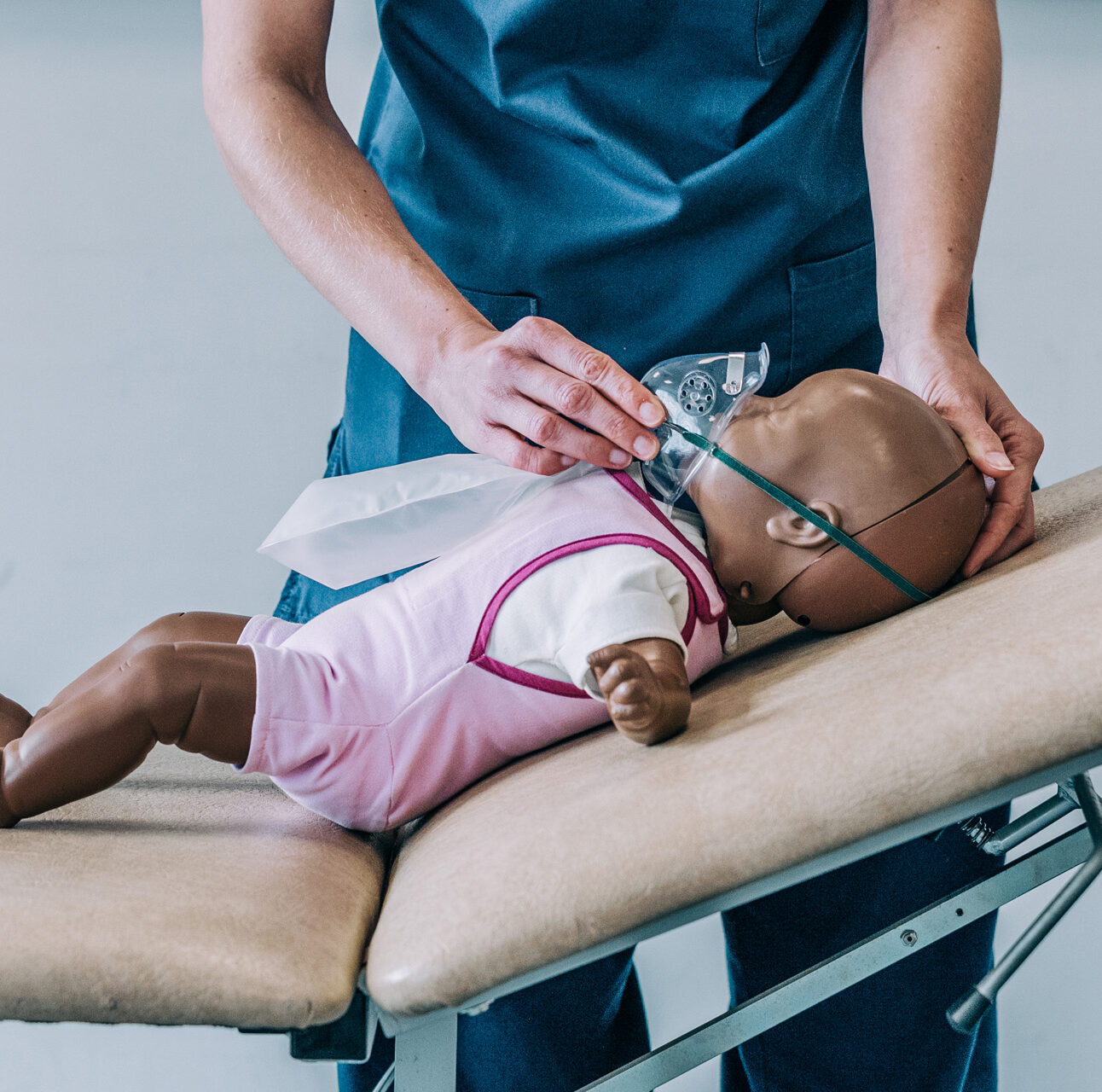
Statement in response to the Government announcement on DNA testing and research
Responding to today’s Government announcement on DNA testing and research, Dr Veline L’Esperance, Senior Clinical Advisor to the Observatory, said:
Comment and analysis on key issues on ethnic health inequalities in health and social care.

Responding to today’s Government announcement on DNA testing and research, Dr Veline L’Esperance, Senior Clinical Advisor to the Observatory, said:

A new interactive digital platform – the Health Action Resource Platform (HARP) – centred on supporting healthcare organisations to tackle inequalities in health has been launched by the NHS Race and Health Observatory.

An independent review into ethnicity pay gaps in the NHS in England has been announced today by the NHS Race and Health Observatory.

A series of regional roadshows, taking place across the country between 18 September and 27 November 2025, will bring the healthcare system and allies together to address equity in pay and progression for NHS staff from Black, Asian, and ethnic minority backgrounds.

Responding to the Five X More 2025 Black Maternity Experiences Report, Dr Nandi Simpson, Director: Implementation, NHS Race and Health Observatory, said:

After much anticipation and consultation, the government has released its 10 Year Health Plan to “fundamentally rewire” our NHS. Read our initial reflections.

Responding to the publication of the government’s 10 Year Health Plan, Professor Habib Naqvi, chief executive of the NHS Race and Health Observatory said:

Teaching curricula widely studied by healthcare professionals working across the NHS are under review in an effort to improve patient care and reduce racialised health disparities.

Response to publication of the NHS Workforce Race Equality Standard (WRES) data analysis for 2024.